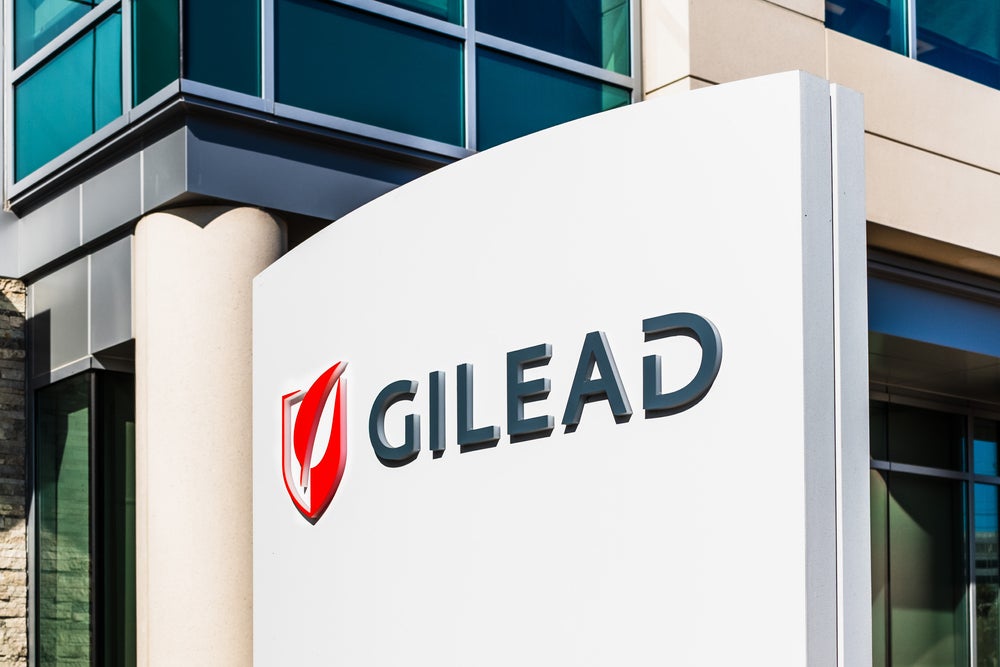
The latest development in a long-running intellectual property dispute between Gilead’s Kite Pharma and Bristol Myers Squibb’s (BMS) Juno Pharmaceuticals has seen a US appeals court overturn a $1.2bn ruling against Gilead.
The court this week found that a patent on Juno’s CAR-T cell cancer immunotherapy Breyanzi, which Gilead’s Kite was accused of infringing with a similar product, was invalid.

Discover B2B Marketing That Performs
Combine business intelligence and editorial excellence to reach engaged professionals across 36 leading media platforms.
A lengthy patent dispute
Juno’s lawsuit against Gilead-owned Kite was filed in 2017, with the company alleging that Kite’s researchers had copied Juno’s product when developing the CAR-T cell therapy Yescarta.
In 2019, three panel judges found that Kite had infringed on a patent owned by Juno, a company acquired by BMS through its acquisition of Celgene in the same year, and Juno was awarded $752m in damages.
The amount was then increased to $1.2bn in April 2020, after a US district court judge found that Kite had “wilfully” infringed on the patent owned by BMS.
Kite subsequently appealed, arguing that Juno’s patent was invalid because its written description of the therapy was not specific enough to meet the patent law’s requirement.

US Tariffs are shifting - will you react or anticipate?
Don’t let policy changes catch you off guard. Stay proactive with real-time data and expert analysis.
By GlobalDataThe US Court of Appeals for the Federal Circuit agreed with Kite, and the judges’ most recent ruling has reversed the decision to fine the company. BMS retains the option to take the case to a higher court.
Yescarta: a valuable asset in immuno-oncology
The new ruling is good news for Gilead; the company acquired Yescarta along with its purchase of Kite in 2017, and the therapy was approved in the US that year. Yescarta recorded sales of $338m in the first half of this year, and is the leading CD19-specific CAR-T drug on the market.
BMS’s rival CAR-T cell therapy Breyanzi was approved in the US early this year, after multiple delays during the application and review process.




